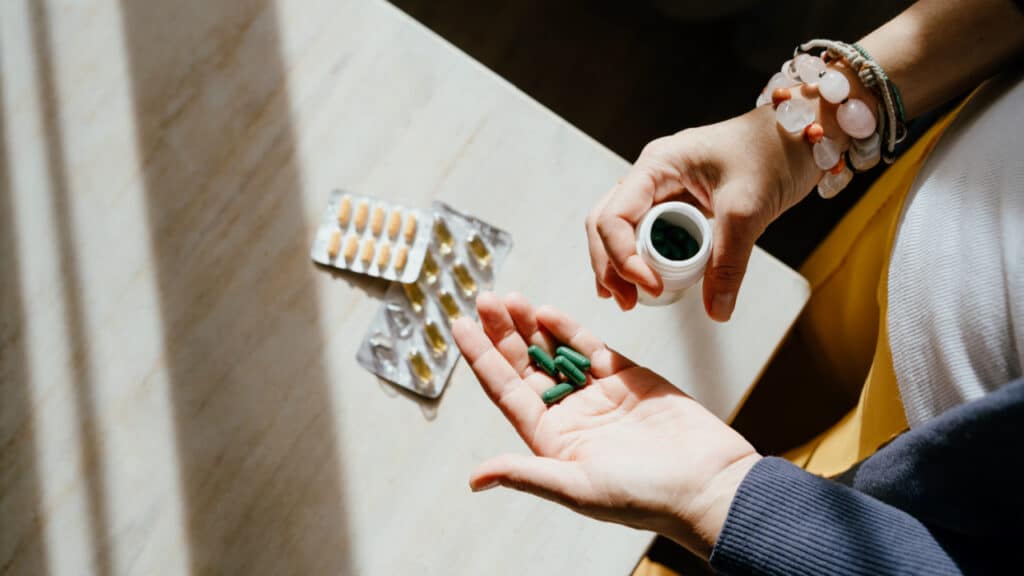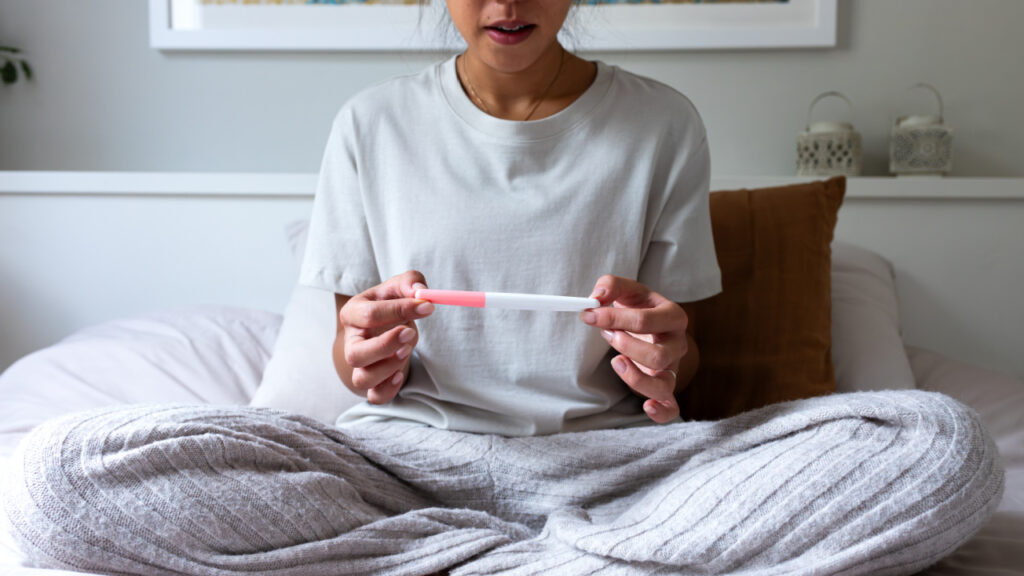
Testosterone Could Boost Women’s Energy, Mood, and Brain Health, Especially During Menopause. So Why Won’t the FDA Approve It?
Testosterone is the most abundant gonadal hormone in the human body. Men in the U.S. have more than a dozen FDA-approved formulations. Women, despite producing testosterone naturally and experiencing a similar hormone decline with age, have none.
That inequity is the focus of Dr. Kelly Casperson’s recent remarks, in which she accused the FDA of failing women by denying them access to a safe, regulated dose of a hormone their bodies already make. “The FDA is failing women by denying access to a hormone their bodies naturally produce,” Casperson said, adding that nearly all women experience testosterone decline if they live long enough.
What the FDA approves for men, it denies for women
According to Casperson, doctors diagnose one in five men with hypogonadism and can choose from more than a dozen FDA-approved testosterone options covered by insurance. For women, the story is different. “When a woman asks for the same hormone, I have to tell her, there’s no FDA-approved dose for you,” she said.
She noted that the FDA has twice rejected female-dose testosterone products, not because they did not work, but due to what the agency called insufficient safety data — a stance she ties to the backlash that followed the Women’s Health Initiative study. “But testosterone has been used in women since the 1940s. And trans men receive 10 times the dose. That is not a lack of evidence. It’s a regulatory and equity failure,” Casperson said.
Without FDA approval, women face extra barriers
Because there is no FDA-approved product, insurance will not cover testosterone therapy for women. Casperson said patients are often forced to micro-dose male products, defend their prescriptions at the pharmacy, or pay cash for higher-dose, less-regulated pellets. Despite these obstacles, “as many women as men in America take testosterone,” she said.
She shared patient accounts of the hormone’s impact, from sharper thinking to a renewed sense of vitality. “You know that scene from The Wizard of Oz, where it goes from black and white to Technicolor? That’s my brain on testosterone,” one told her.
The health stakes go beyond energy and mood
Casperson pointed to research showing that higher brain testosterone is linked with lower rates of dementia. Dementia is the fifth leading cause of death in women. She also cited data that adding testosterone can help more women stop taking antidepressants compared to estrogen alone.
Currently, four countries — Australia, New Zealand, South Africa, and the UK — have approved female-dose testosterone, but only for low sexual desire. Casperson said that the restriction forces women to justify treatment based on sexual function, an already stigmatized issue that insurance often does not cover.
FDA inaction has consequences for women’s health
Casperson closed her remarks by urging regulators to act. “With this current FDA, America will do better,” she said. “The science is solid, and the need is undeniable. Picture 108 million women, energized, focused, and ambitious. Not in spite of their age, but because they are supported through it. That’s the country that we want our children to grow up in, and it’s time for the FDA to act.”
Her comments come as shortages of other hormone replacement therapies, including estradiol, are leaving women struggling to manage menopausal symptoms, CBC reported. Experts say both the lack of access to FDA-approved testosterone and the instability of the hormone medication supply chain point to the same problem: a health system that undervalues women’s hormone needs.




